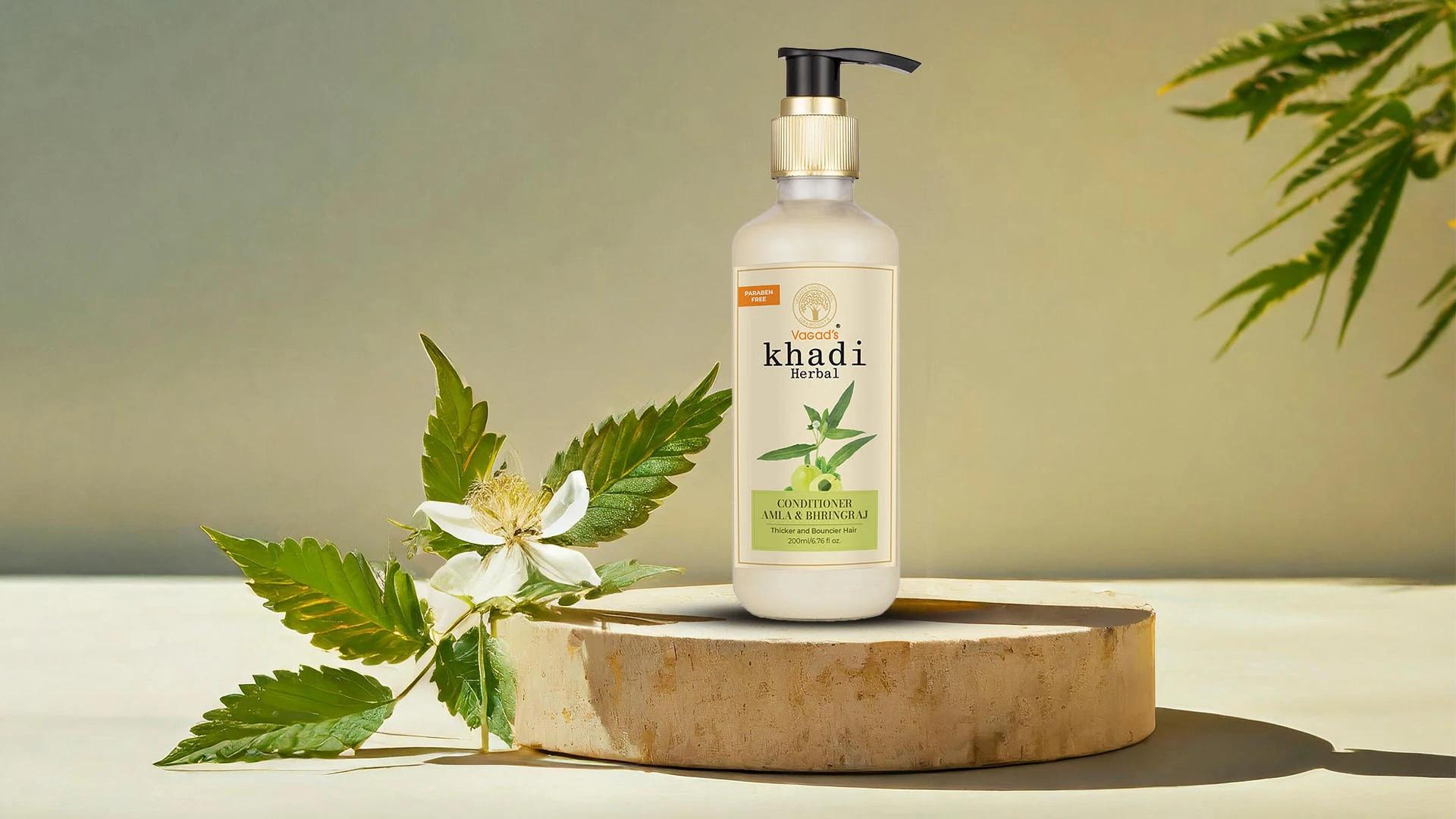You've probably heard amla being hailed as the ultimate natural hair treatment, and for good reason. This tiny green powerhouse is packed with vitamin C and has been a cornerstone of Ayurvedic hair care for centuries. But here's what most people don't talk about - the side effects of amla on hair that might catch you off guard. Before you dive headfirst into your amla oil for hair routine, let's get real about what you might experience. These surprising effects aren't necessarily bad, but knowing them helps you make smarter choices for your hair journey.
Understanding Amla: Nature's Hair Care Powerhouse
Amla, also known as Indian gooseberry, has earned its reputation as one of the most potent ingredients in herbal hair care. This small, sour fruit contains more vitamin C than oranges and is loaded with antioxidants that support scalp health. Traditional Ayurvedic practices have used amla for thousands of years to address various hair concerns, from thinning to premature greying.
Amla's Reputation in Ayurvedic Hair Care
In Ayurvedic traditions, amla is considered a 'rasayana' or rejuvenator for hair. Ancient texts describe it as a key ingredient for maintaining lustrous, strong hair. This reputation has carried forward into modern natural hair treatments, making it a go-to choice for those seeking chemical-free solutions.
The Surprising Side Effects of Amla on Hair Growth
Whilst amla hair benefits are well-documented, there are some unexpected reactions that deserve your attention. Understanding these side effects helps you navigate your hair care routine more effectively and avoid unnecessary panic when they occur.
1. Temporary Hair Shedding
This might be the most alarming surprise for first-time users. When you start using amla regularly, you might notice increased hair fall for the first few weeks. This happens because amla stimulates your scalp and hair follicles, pushing out weak, damaged hair to make room for stronger growth. Think of it as your hair's way of doing a spring clean.
2. Scalp Irritation and Itchiness
Some people experience mild scalp irritation when they first introduce amla into their routine. This is particularly common with amla powder or fresh amla juice. The high acidity can be a bit much for sensitive scalps. If you notice itching or redness, try diluting your amla treatment or reducing frequency until your scalp adjusts.


 100 ml
100 ml 100 gm
100 gm 125 gm
125 gm 210 ml
210 ml